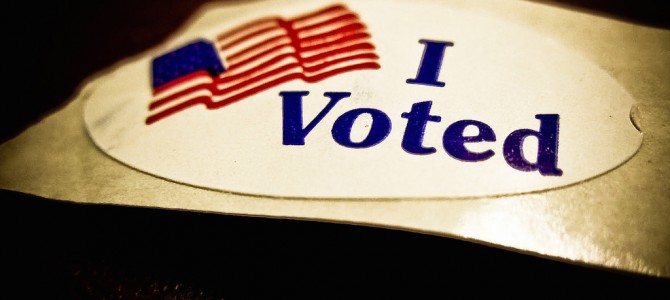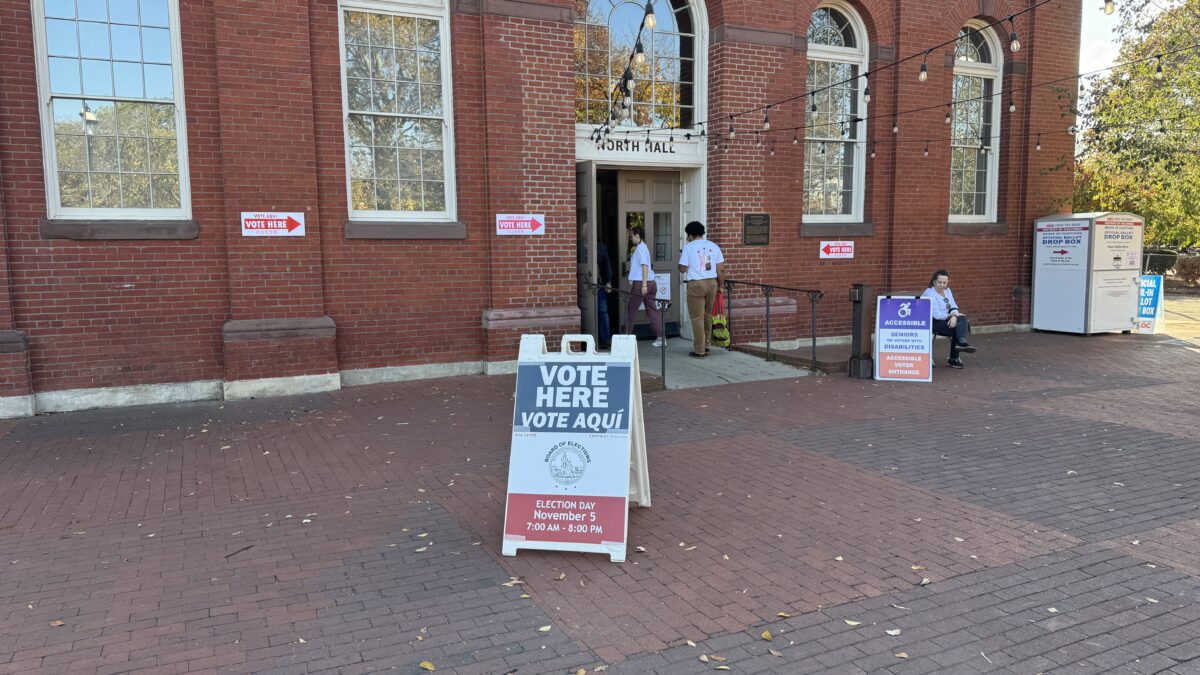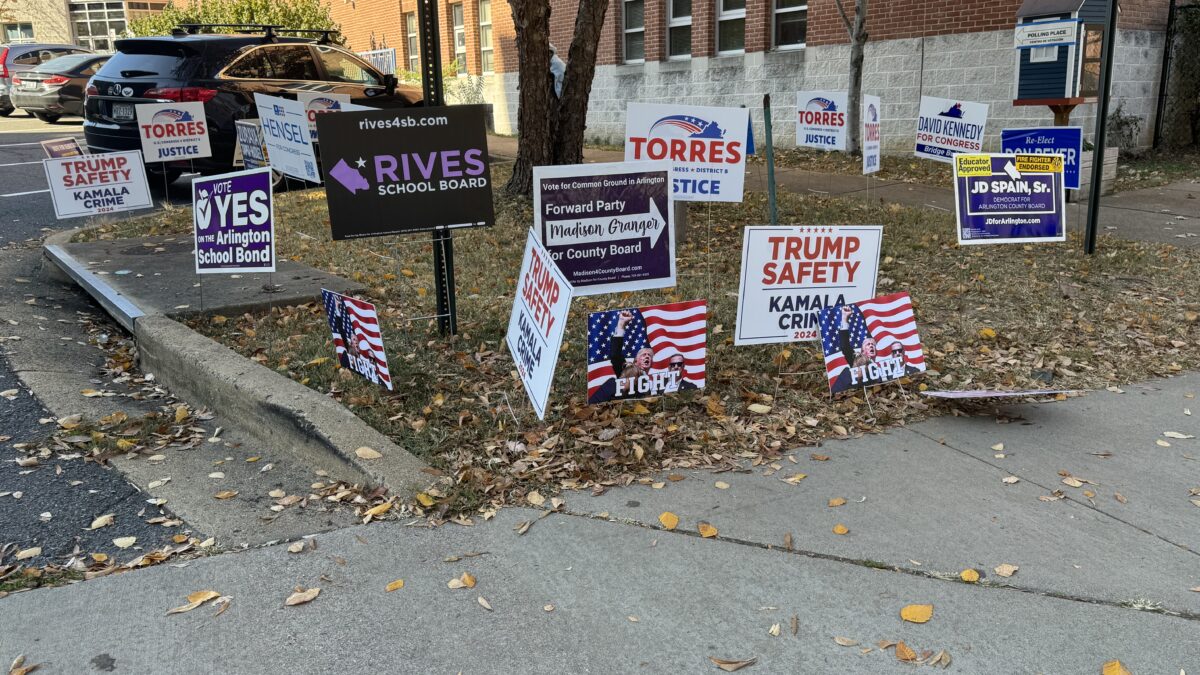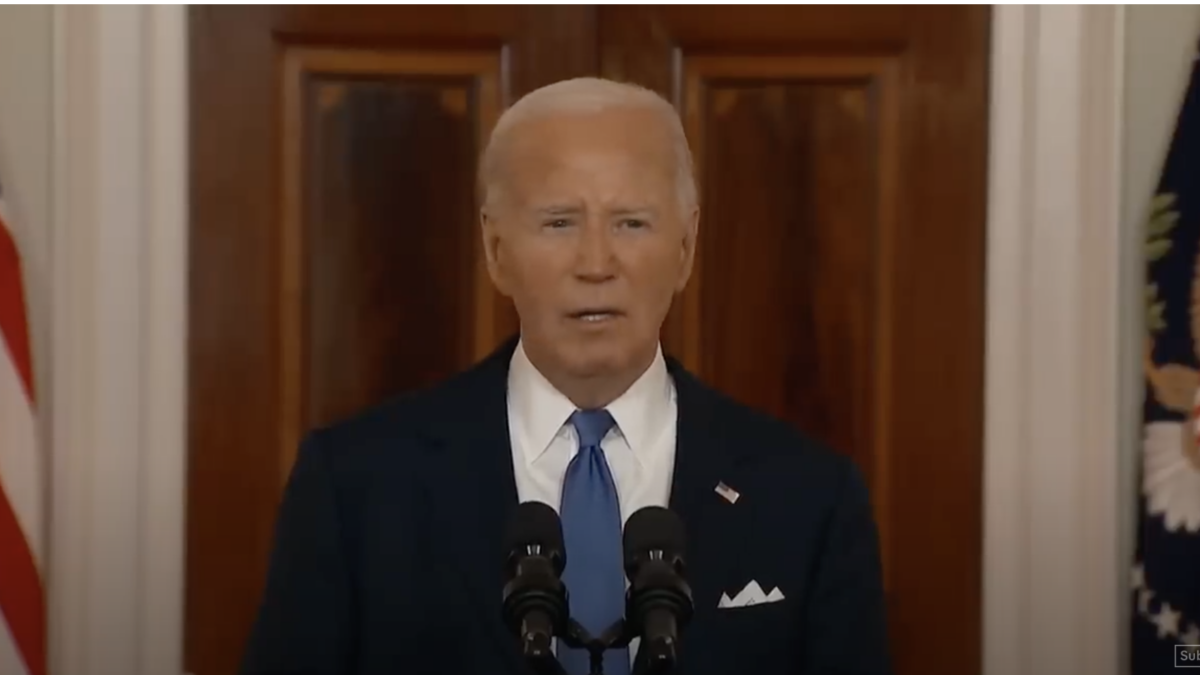
Is it a bigger threat to republican government when American citizens are hypothetically better represented, or when noncitizens in actuality dilute their representation? This is a question at the core of an emerging controversy over a seemingly trivial question the Department of Justice has urged the Census Bureau to reinstate on the 2020 Census: Are you a U.S. citizen?
The census is essential to our political process because it provides a population count of citizens and noncitizens that drives apportionment of U.S. House seats, and by extension the number of presidential electors allocated to each state. The census also dictates where and to whom the federal government doles out hundreds of billions of dollars.
The DOJ is pushing to reinstate the citizenship question because it says the government needs a more accurate count of the citizen voting-age population in order to enforce the Voting Rights Act, which protects voters from discrimination including vote-dilution. In addition to the solid legal, political and practical grounds for the DOJ’s position, it seems reasonable that the government and the public should have reliable citizenship figures given how critical the numbers are to our political system.
Democrats disagree. In the words of 17 state attorneys general, including a citizenship question could risk an “unconstitutional undercount” by chilling noncitizen respondents.
That those state attorneys general were recently joined by former Obama administration Attorney General Eric Holder indicates the gravity of this issue for the Left. Why? Illegal aliens tend to live in large blue urban areas. The greater the population figures due to the counting of illegal aliens, the more political power and bacon such states can bring in.
There are also political benefits to harping on this issue: Fear-mongering over the citizenship question plays into the narrative of the “racist, anti-immigrant Trump administration” — a narrative that can be leveraged to raise money and increase turnout. And with the 2022 redistricting based on the 2020 census — a redistricting largely tied to the partisan makeup of state legislatures — making this a national issue in a 2018 midterm election year in which gubernatorial elections are being held in 36 states makes good political sense.
That a man of Mr. Holder’s status among Democrats is wading into the debate over one question in the census is notable. In post-AG life, Holder, a true progressive believer and member of the Resistance, chairs the Democratic National Redistricting Committee, redistricting based of course in part on the census. It is telling that he and presumably former President Obama feel Holder’s highest and best use is in the technical and arcane process of redistricting.
It is worth taking seriously then a piece Holder clearly published for a popular audience at The New Republic, telegraphing the debate to come, titled “Who Counts? How the Trump administration’s scheme to rig the census threatens American democracy.”
Holder begins his argument by noting that “U.S. households have not been asked about citizenship on the main census questionnaire since 1950.” [Emphasis mine] This is deceptive. Holder omits that some one in six households received a question on citizenship through the “long-form census” as recently as 2000, i.e., when the last census was produced prior to the Obama tenure. The citizenship question was found in long-form censuses from 1970 to 2000. Citizenship questions have appeared in the U.S. census dating back to 1820.
Even after the long-form census disappeared, a citizenship question persisted. The Obama administration included the question in the American Community Survey (ACS), which is received by one in 38 households. Note that the result is a smaller and thus less accurate sample for data used in Voting Rights Act enforcement. Also worth noting: Since 2000, response rates to the ACS have routinely been 95 percent or higher. Does Mr. Holder fear the potentially more accurate data that including this question on the 2020 Census might provide? Is the citizenship question no less chilling in the ACS than in the census?
Holder claims inclusion of the citizenship question on the 2020 Census “will both lower the response rate of households and threaten the accuracy of the count.” But did this potential fear not exist again between 1970 and 2000, when politicians across the political spectrum, including President Bill Clinton, who appointed Holder deputy attorney general, took a far harder line on illegal immigration? I grant that during the Obama years noncitizens may not have had such trepidations with respect to the ACS, given the administration’s lax enforcement of immigration law, but nevertheless, millions of noncitizens evidently responded at satisfactory rates under more enforcement-focused administrations in the past.
Holder seeks to buttress his argument by citing a September 2017 census memo in which field researchers found “increased fear among immigrant participants,” over things like the “Muslim Ban” and more robust immigration enforcement efforts. According to Holder, the citizenship question would “exacerbate this climate of fear,” driving participation rates lower among “minority and immigrant populations.” Holder neglects that his conclusions are based on in the memo’s words “small, qualitative studies … unrepresentative of the population as a whole.”
But for the sake of argument, let’s say Holder is right, and there may be a decline in census responses in particular by immigrants, namely the illegal aliens who might have something to fear. Does their fear and the resulting potential undercount outweigh the interests of the DOJ in seeking to adequately enforce the Voting Rights Act? Do the civil rights of American citizens not trump the emotions of noncitizens? And why would any noncitizen immigrant fear responding to a citizenship question that does not ask the respondent to out himself as being here illegally?
Let us reiterate: The question the DOJ wants to reinstate is silent on the question of legal status. Would it not be useful for Mr. Holder to make his readers aware of this fact given how sinister he believes the citizenship question is?
After suggesting that the Trump administration is raising the citizenship question for cynical reasons – since as Democrats stand to gain by noncitizens and presumably illegal aliens responding at high rates, and conversely Republicans may gain politically by reduced response rates — Holder suggests that the Voting Rights Act can be enforced adequately based on the ACS data. Holder comfortably shrugs off the myriad statistical issues with the ACS the DOJ has identified, all to the detriment of data integrity.
The former AG further tries to discredit the Trump administration by noting that the DOJ sent its citizenship reinstatement request via the Justice Management Division, rather than the Civil Rights Division, which typically deals with voting rights. He suggests that this reflects the administration’s “sidestepping [of] DOJ norms.”
Holder fails to note that the Civil Rights Division of the DOJ under President Obama and himself became one of the most radically progressive and corrupted parts of the entire federal bureaucracy. It continues to be inhabited by holdovers at its highest levels. The president’s appointee for assistant attorney general for the Civil Rights Division has yet to be confirmed. Does anyone believe the current team would be receptive to anything the Trump administration proposed? Lest we forget, a holdover acting attorney general refused to carry out an executive demand. Ironically, Holder may only have the Resistance to blame for where the citizenship question reinstatement request originated.
Lastly, Holder suggests that “attacks on the census process go beyond politics — they represent a major assault on representative American democracy.” Leave aside the hyperbole in part over a citizenship question the federal government already asks of millions of people. Is the inclusion of the citizenship question an assault on representative American democracy, or is the opposite the case?
As Holder reiterates, the census is paramount in determining where and to whom political power and federal funds are allocated. So should noncitizens — and in particular illegal aliens — have disproportionate sway over such issues? If noncitizens in general and particularly illegal aliens help dictate which states have more political power, and where and to whom federal funds are redistributed, is this not an assault on representative American democracy?
Note another Holder omission here: He never once mentions that illegal or “undocumented” immigrants are counted in the census, a fact that might make readers (though perhaps not New Republic readers) less sympathetic to the idea that Americans should be upset if some percentage of noncitizens refuse to respond to the census.
Holder is loathe to go down the rabbit hole of asking whether illegal immigrants and noncitizens broadly should be able to dilute the political power of U.S. citizens through the census.
His argument is found wanting before we even get to this question.
The state attorneys general however do argue vigorously that all persons — citizen and noncitizen, legal and illegal — ought to be represented via the census based on the letter of the law. More on that in a subsequent piece.









